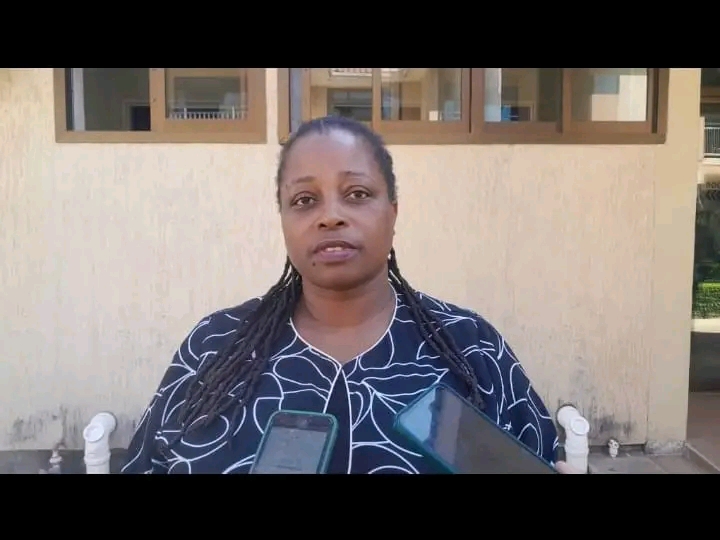By Golden Kang’oma

Salima, June 30: National AIDS Commission (NAC) has decried dwindling financial support from donors which was affecting its operations.
Speaking in Salima district during a Malawi Partnership Forum for HIV and AIDS, NAC Chief Executive Officer (CEO), Dr. Beatrice Matanje said the forum’s objectives was to take stock of the national response from various angles and ensure that there is a well-directed, coordinated strategy.
She said 80 percent of NAC’s funding come from donors therefore without adequate funding, efforts to reduce HIV and AIDS related deaths by 2030 remain challenged.
“We need to find sustainable solutions to maintain our progress, and am stressing that without adequate funding, critical prevention and treatment efforts could falter, risking a resurgence of the epidemic,” the CEO added.
She said that, “The National Strategic Pan targets prevention, treatment, and care with a focus on high-risk populations. By 2030, we aim to see a population where HIV and AIDS no longer claim lives. This means reducing new infections and ensuring those living with HIV remain healthy and productive.”
Executive Director for Pakachere Institute for Health and Development Communication, Simon Sikwese underscored the forum’s role in accountability, as it reviews progress and ensures commitments are being met and that it is essential for making adjustments to keep the country on track.
He said that addressing male participation in prevention efforts is quite challenging.
“Many men avoid testing due to fear of positive results and logistical barriers. We need to make services more accessible, perhaps through technologies like HIV self-testing, and am sure that reaching men and adolescent boys with tailored interventions is crucial,” the Executive Director observed.
Despite these challenges, Sikwese acknowledged that the country was significant strides in finding the pandemic pointing out that we are doing very okay.
“We’ve nearly reached epidemic control. Now, we must sustain these efforts and ensure high-risk populations are adequately supported,” he said.
The Forum’s discussions highlighted the urgent need for innovative funding solutions and more inclusive outreach strategies to ensure the continued success of the country’s HIV and AIDS response.


